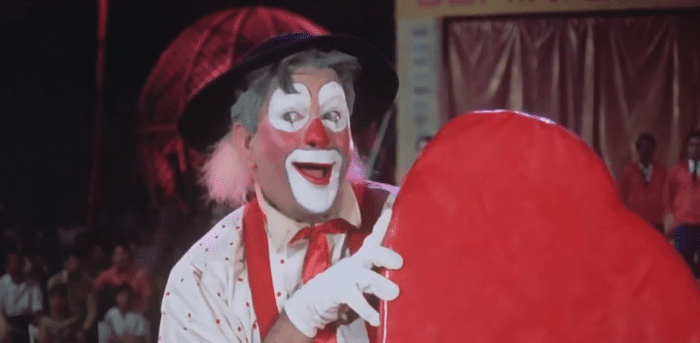Bollywood movies in the past 2 to 3 years offered incredible material. We saw some mind-blowing cinema as the creative juices flowed like never before.
However, there are some films from the past that are still relevant today. The films might easily be confused for films from today’s era.
Table of Contents
Here are some examples of films that were far ahead of their time, and some that are still relevant now. Let’s have a look at them.
1. Lamhe
Jacob-who-falls-in-love-with-Bella’s-daughter Lamhe is the tale of Viren, who falls in love with Pallavi in the Indian version. She marries another guy, but the pair dies, leaving their daughter with Viren.
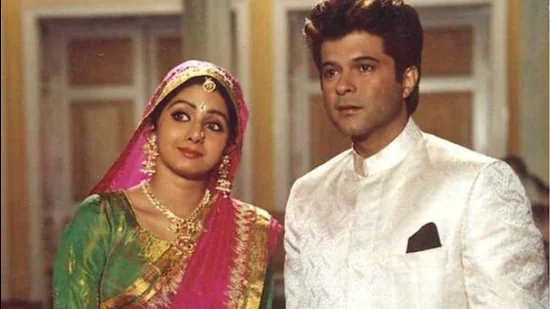
Because of the film’s daring love tale, it drew a large audience. For the first time, Bollywood strayed from the tried-and-true boy-meets-girl formula.
2. Kaagaz Ke Phool
Guru Dutt’s masterwork was a flop when it was first published. Kaagaz Ke Phool, starring Waheeda Rehman, is supposed to represent Guru Dutt’s genuine life story.
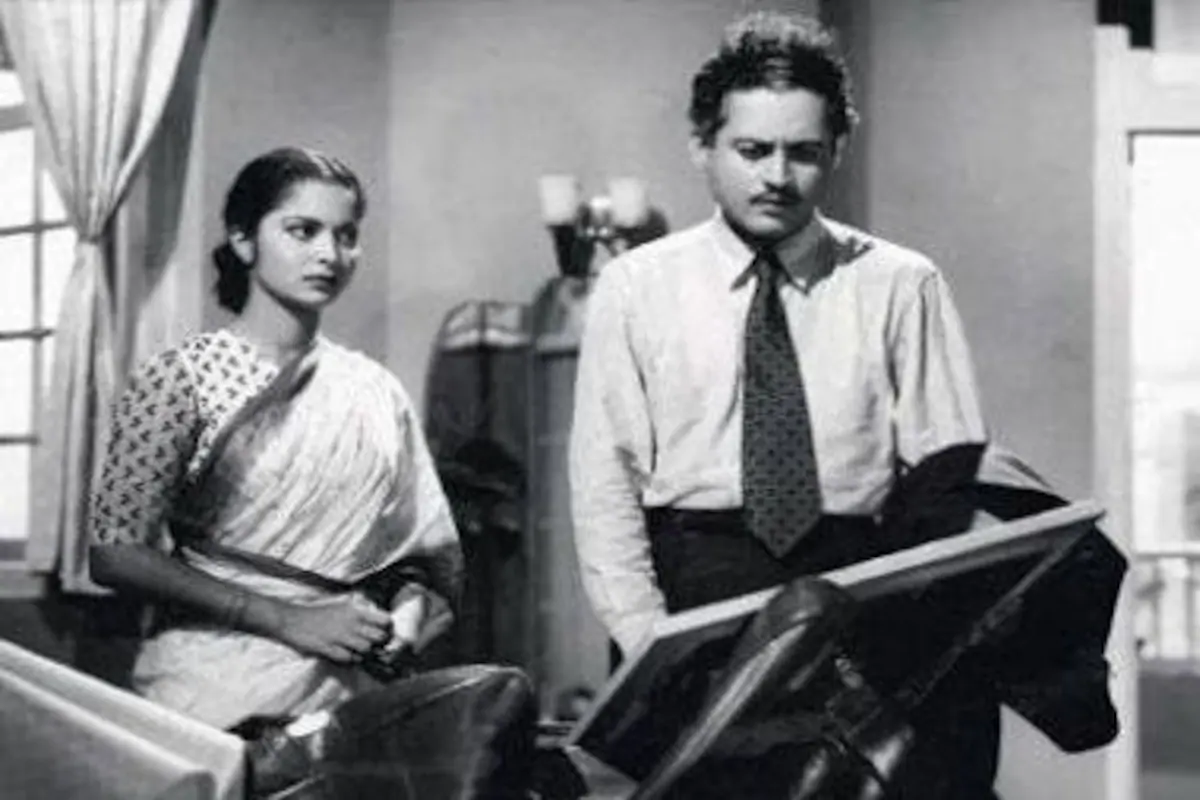
People did not recognize the film’s worth at the time, but it ultimately garnered a large fanbase. This film will hold the audience’s attention till the very end.
3. Arth
Shaban Azmi portrays a woman who is shocked when she learns about her husband’s adulterous affair. She gradually gains independence and takes control of her life.
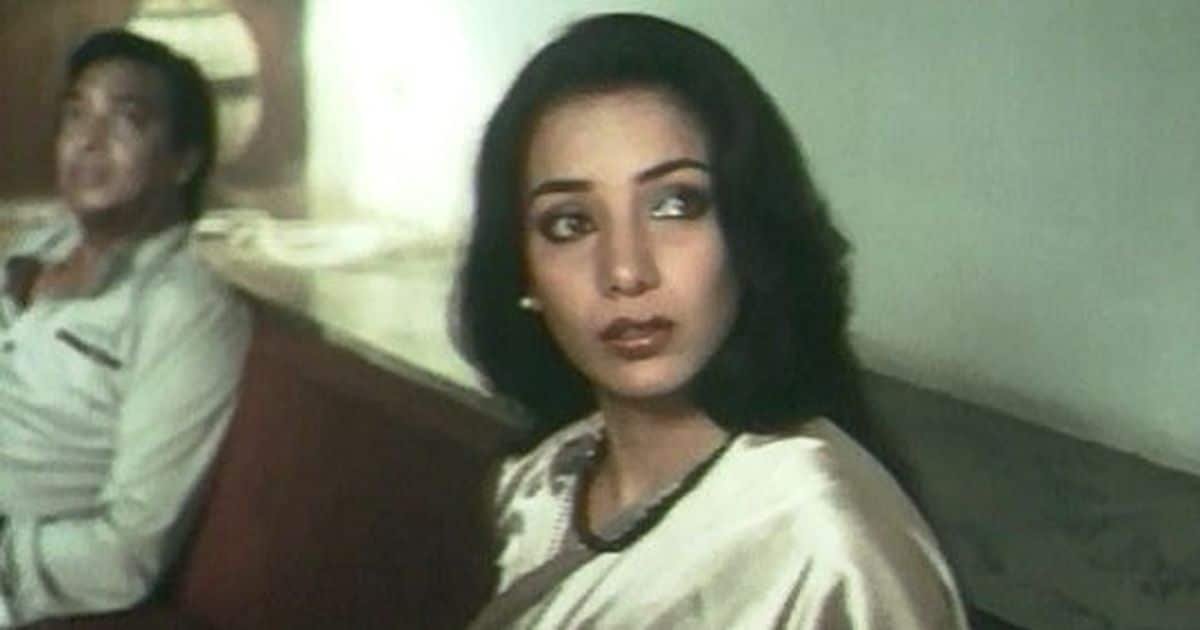
She eventually divorces her husband and decides to live life on her own terms rather than relying on a man to make decisions for her.
It presented a powerful case for women’s empowerment and freedom for a film released in the 1980s.
4. Ijaazat
‘Ijaazat‘ was like a wonderful compendium of lovely poems. The actors read some beautiful poetry, but the film is a vibrant poem in and of itself: the characters, the music, the story…all its poetry. Gulzar, a poet himself, directs us on a trip through the complicated emotions of complex people.

After years apart, a separated couple meets unexpectedly at a remote railway station. The film follows their long conversation into the night, moving from current events to flashbacks from the past as they recall their days as a married couple and try to figure out what went wrong with their relationship, aside from Mahinder’s impulsive Maya, whose reappearance was making Sudha extremely insecure.
This opens up a whole new universe of possibilities as they realize how things may have turned out differently and what they had missed out on.
Ijaazat is a true slice of life narrative with a moving story and a haunting emotional impact.
5. Anamika
Anamika is an unexpected film from Sekhar Kammula’s stable, and his decision to make a thriller is startling, to say the least.
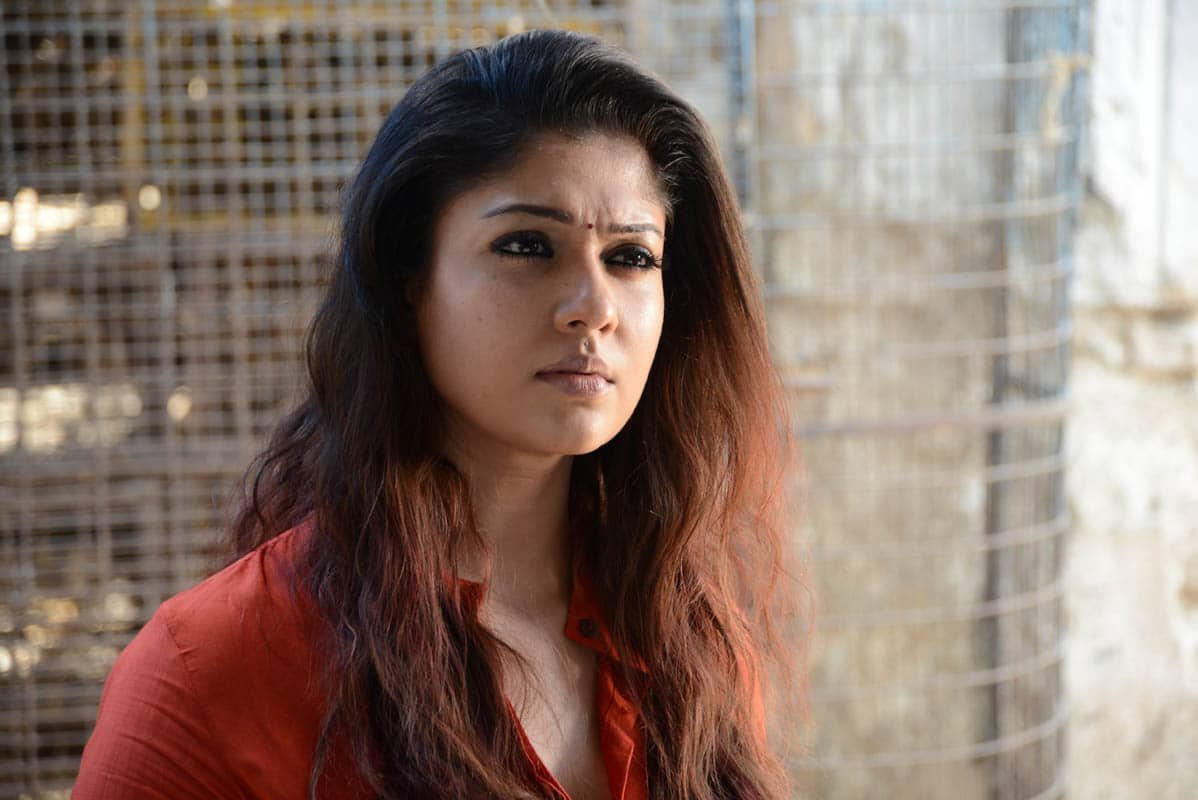
For the first time, the director resists the need to incorporate some of his favorite themes, such as social inequity, coming-of-age, and innocence.
Anamika, as a result, has a distinct tone in comparison to his earlier films; yet, the film falls short in terms of eliciting an emotional response from the spectator.
6. Fire
Fire starred Shabana Azmi and Nandita Das and was a loose adaptation of Ismat Chugtai’s Lihaaf.
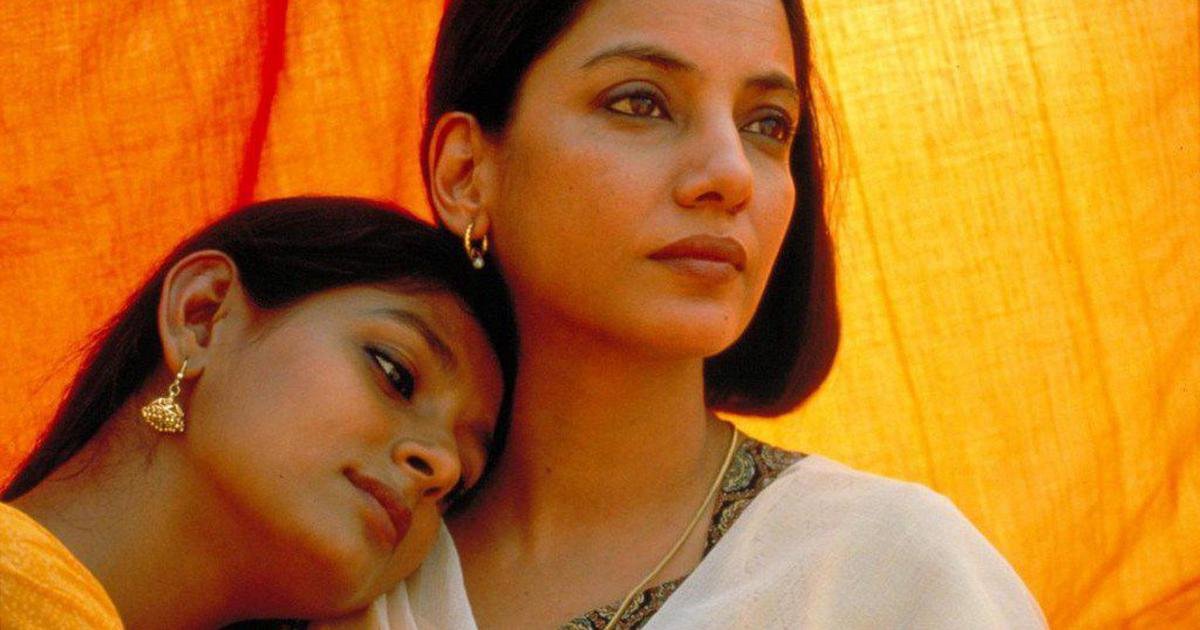
While films like Ek Ladki Ko Dekha Toh Aisa Laga are still popular now, the LGBT community’s visibility in films was a huge deal at the time.
It’s no surprise that the picture drew a lot of criticism. It’s worth noting that the CBFC, which is known for finding its moral compass pointing towards a strict sense of morality, gave the picture a clean bill of health.
7. Suraj Ka Satvan Ghoda
Suraj Ka Satvan Ghoda, based on a meta-fiction novel of the same name, is Shyam Benegal’s most accomplished film to date. The story follows Manek Mulla as he recounts his love affairs with three different women.
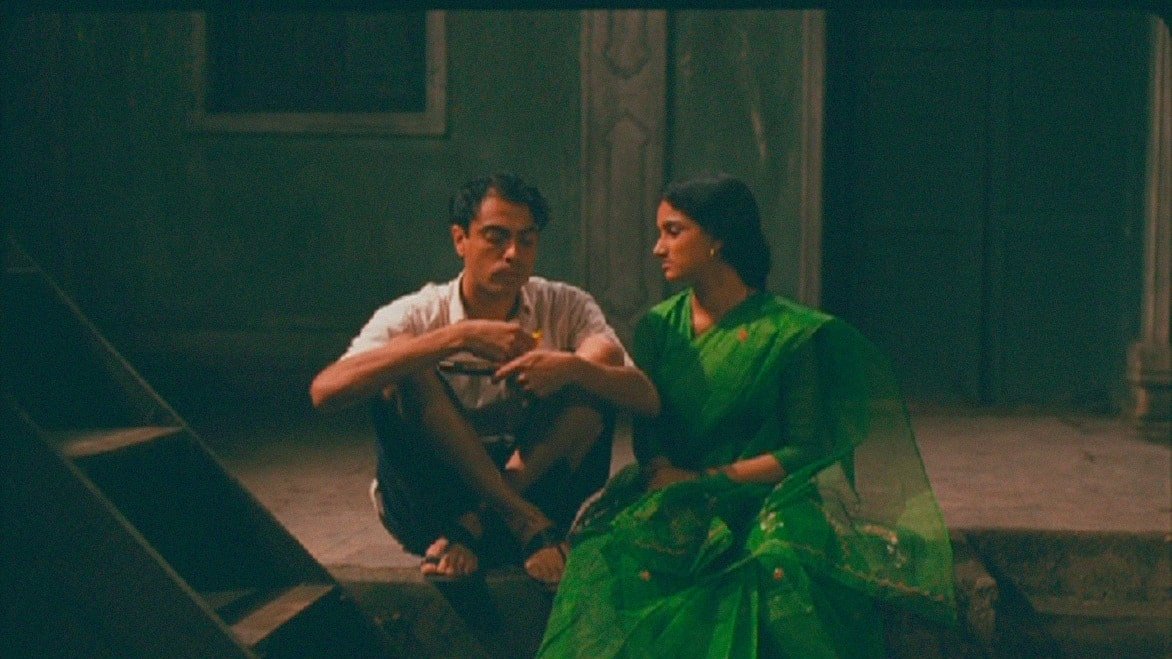
The events of the film are frequently replayed from a different standpoint since they are told from a different perspective each time.
Suraj Ka Saatvan Ghoda was released the same year as Raju Ban Gaya Gentleman, but it never gained the respect it deserved.
8. Mirch Masala
Smita Patil is noted for playing pioneering characters that call into question society’s current structure. This film follows the struggle of a lady who is striving to fight her oppressor.
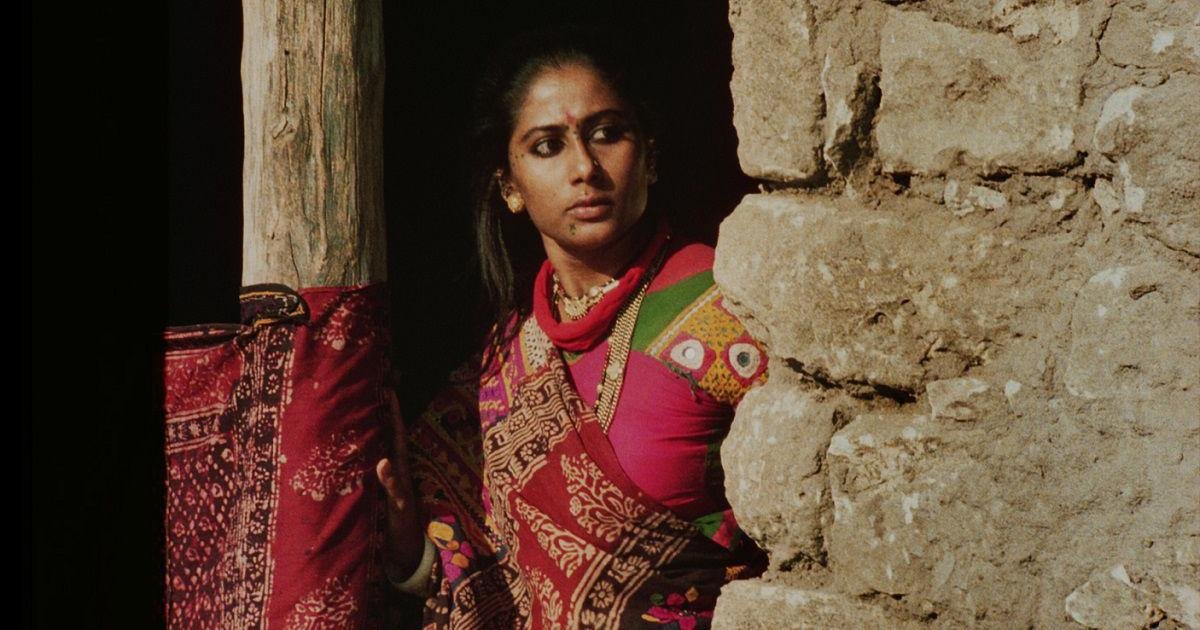
It discussed women’s empowerment and how a brave lady may reject conventional norms and crush the powerful.
9. Masoom
Masoom was a film about illegitimate children and affairs, among other topics.
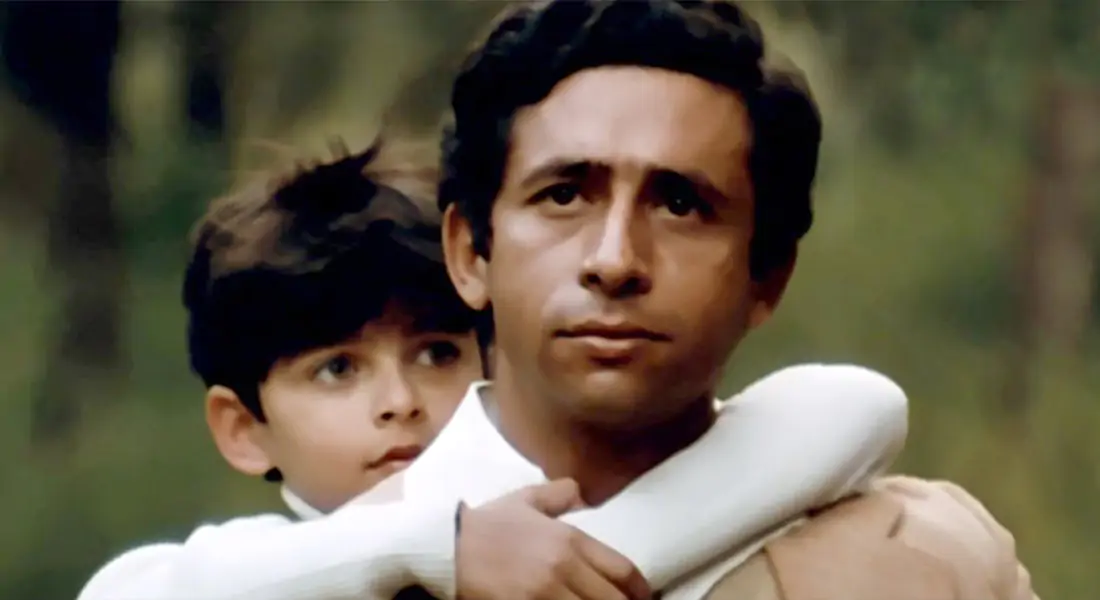
It also looked at the difficulties that a child born out of wedlock has, as well as how society tries to discriminate against them for no reason other than their own.
It also addressed adultery and the sacredness of the marriage institution.
10. Jaane Bhi Do Yaaro
You can throw your stones away since we haven’t forgotten about Jaane Bhi Do Yaaro. Jaane Bhi Do Yaaro is now a movie that elicits collective gasps when someone claims not to have watched it, thanks to pop culture.
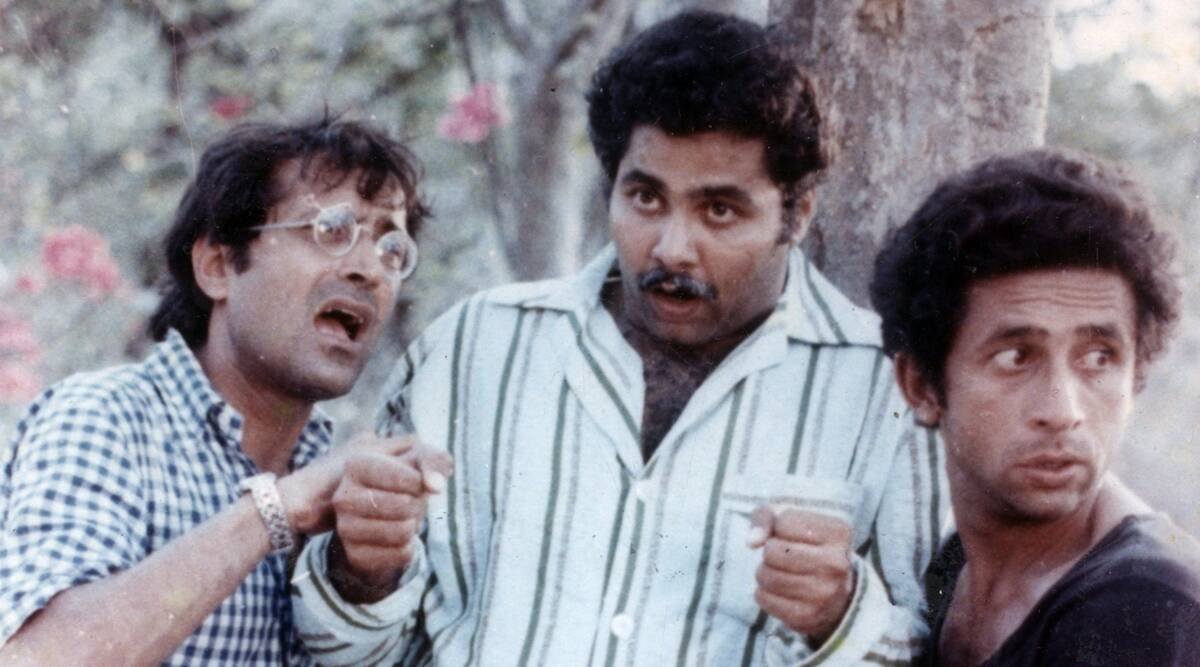
It’s perfectly acceptable to critique someone who hasn’t seen anything on social media because they haven’t seen it.
This film makes the list because it wasn’t always the cult classic that it is now. After all, the concept of satire didn’t exist in Indian minds in the 1980s.
11. Ghar
Ghar, directed by Manik Chatterjee, begins as a regular yet compelling narrative about a newly married couple, Vikas and Aarti, who struggle to make it on their own.
The manner his father expressed his displeasure of the marriage was not overdone in the least.
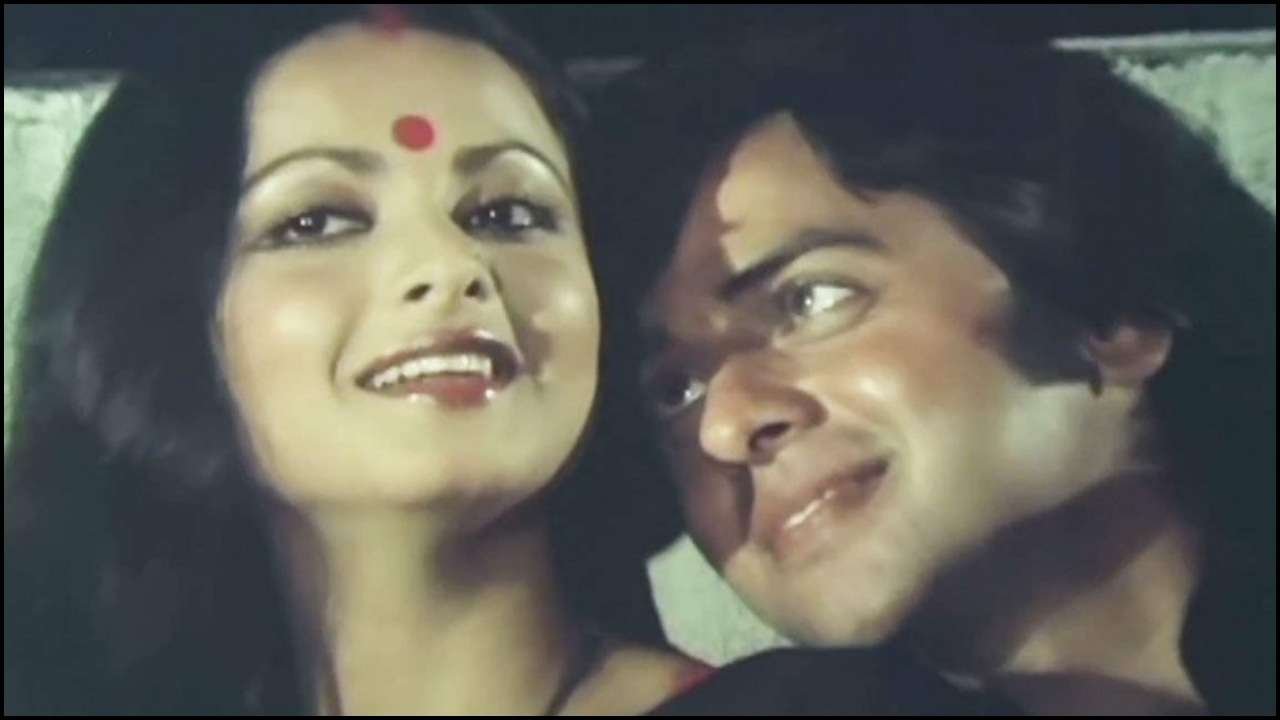
We admire mainstream Hindi filmmakers that strive for realism in their work, and director Chatterjee and writer Dinesh Thakur do just that in this film. The dialogue and events are, for the most part, straightforward.
It’s a straightforward but effective story! There is no melodrama, no heaving bosoms, and no cheesy speech. A well-told tale that is still relevant today.
12. Mera Naam Joker
Without Raj Kapoor’s marathon epic about the life of a circus clown and his women, this list would be incomplete.
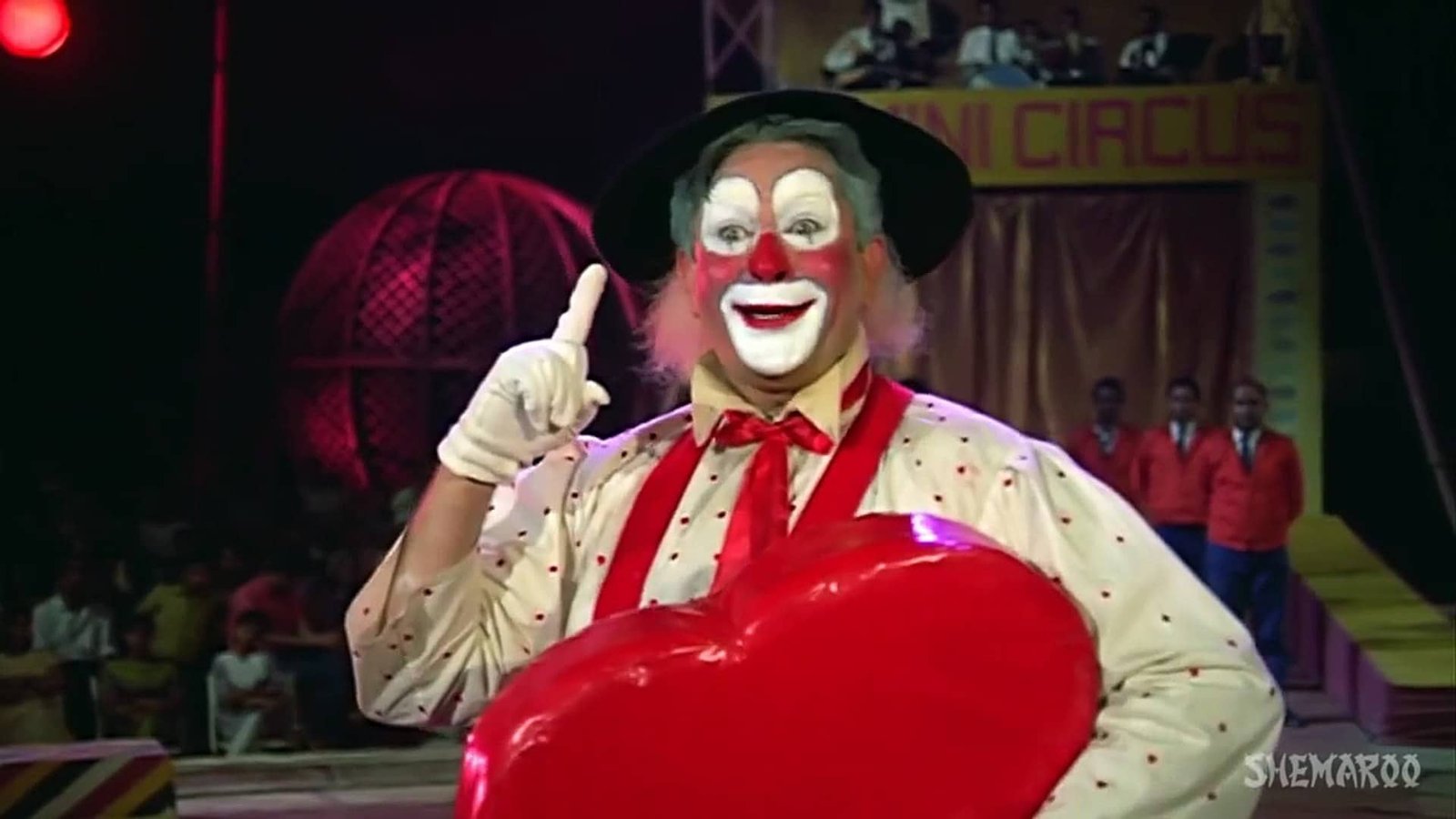
For the first time, Indian viewers saw a school teacher who was the object of her student’s adoration. Raju, the protagonist clown, sees his life come full circle at the end of the film.
Generations of people have been denied access to this classic because it did not fit within the context of the time it was released.
13. Pyaasa
Pyaasa was the first film to address issues such as artistic dissatisfaction. Because of cultural expectations, so many of us are compelled to give up on our aspirations.
Gulabo, a sex prostitute, reaches out to him in Guru Dutt’s excellent film and offers him solace in the form of admiration for his efforts.
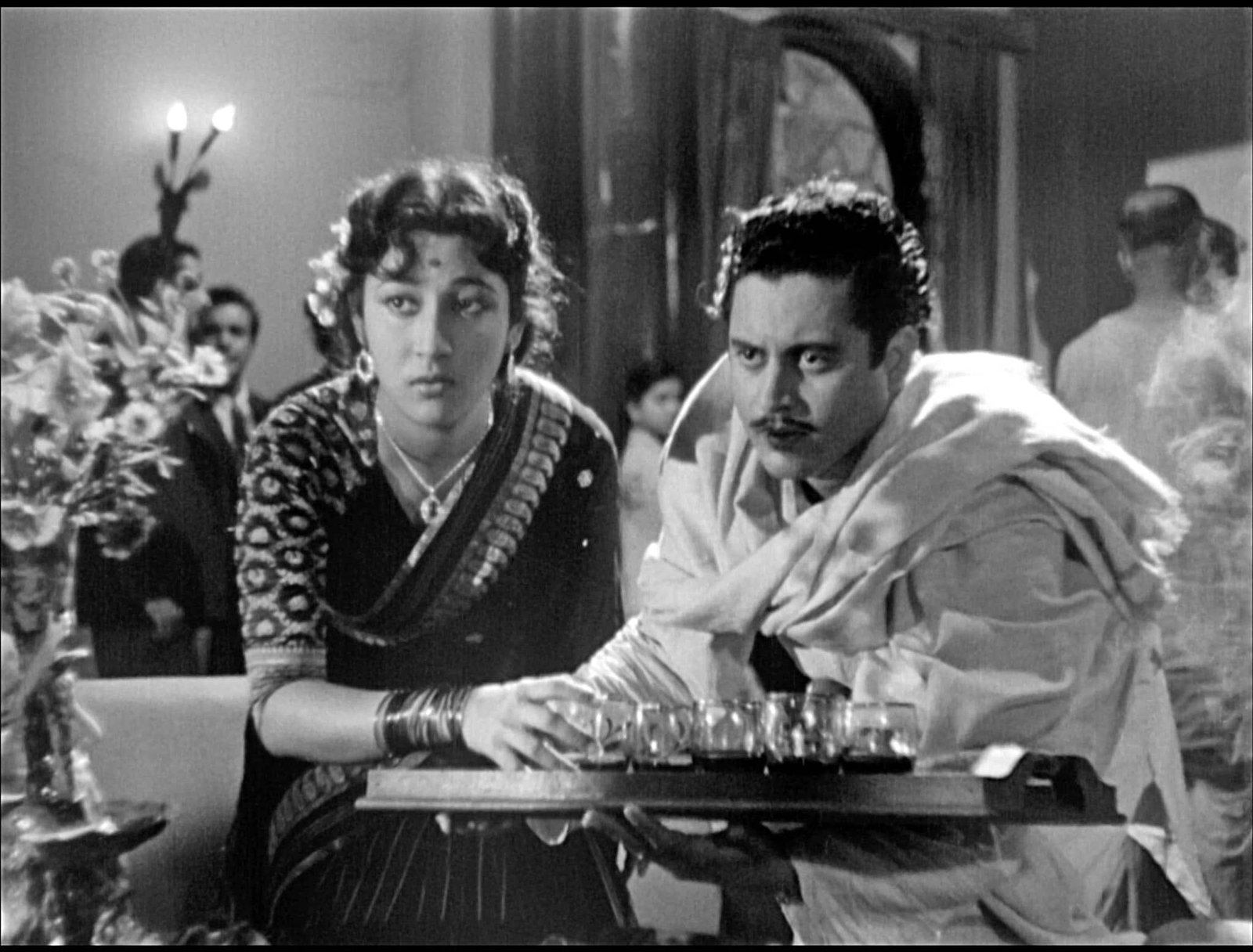
She embodies everything warm and inviting that the rest of the world could not provide. He discovers his freedom in her gratitude.
Have you watched any of these movies? Let us know in the comments section below.
Also Read: Gullak Season 3: Definitely A Show To Binge Watch

